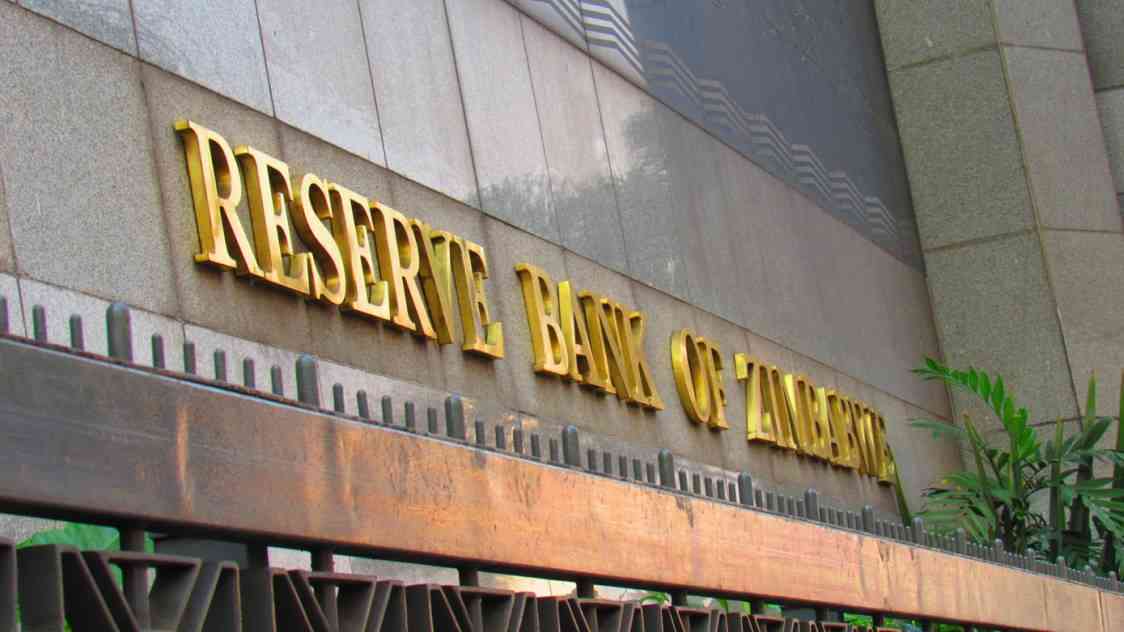
THE availability of higher premiums on the foreign currency parallel market than those prevailing at the Reserve Bank of Zimbabwe (RBZ)’s weekly auction system indicates that a confidence deficit still exists in the market, a local research firm has said.
BY KUDZAI KUWAZA
The RBZ introduced the foreign currency auction system in June in a bid to improve the availability of greenbacks to the official system and limit the depreciation of the Zimbabwe dollar on the parallel market.
Government reverted to a monocurrency system in June last year through Statutory Instrument 142 of 2019 before allowing other currencies to trade alongside the Zimbabwe dollar.
The foreign currency system has been credited for stabilising the exchange rate, which traded at US$1:ZW$81 this week.
However, the Zimbabwe Economy Policy Analysis and Research Unit (Zeparu) has warned that the availability of higher black market premiums demonstrates that the foreign currency auction system still faces competition from the informal market.
“Given that there is some demonstrable level of confidence on the auction system, the critical issue is sustaining the momentum. Currency stability might be more important than the actual exchange rate level,” Zeparu noted in the economic barometer released on Tuesday.
“However, the continued high premiums in the parallel market demonstrate that there is still some constituency that does not believe that this price set by the participating firms is reflective of the actual supply and demand dynamics when they are also included in the mix.”
- Chamisa under fire over US$120K donation
- Mavhunga puts DeMbare into Chibuku quarterfinals
- Pension funds bet on Cabora Bassa oilfields
- Councils defy govt fire tender directive
Keep Reading
“The recent decision to order the liquidation of 20% of foreign currency in individual foreign currency accounts, as well as 30% of exporters’ proceeds using the auction rate should ideally not be expected to create any unfavourable feelings,” Zeparu noted.
“The reasons why such sentiments arise are mainly because there is an alternative market which has higher rates, which create the impression that the official exchange rate is overvalued.”
It noted that there were a number of market players who did not have bank accounts, but would still want to participate given their active role in the informal economy.
“Such a constituency can only sell to the parallel market because the bureaux de change would not be deemed attractive enough due to the existence of higher returns on the parallel market,” Zeparu said.
Zeparu pointed out that while the auction exchange rate has stabilised, this is mainly due to the active role of the RBZ, which is serving as the mobiliser of foreign currency. “This means that the sustainability of the system as currently structured only hinges on the capacity of the RBZ to continue to mobilise foreign currency from the exporters,” the research unit observed.










